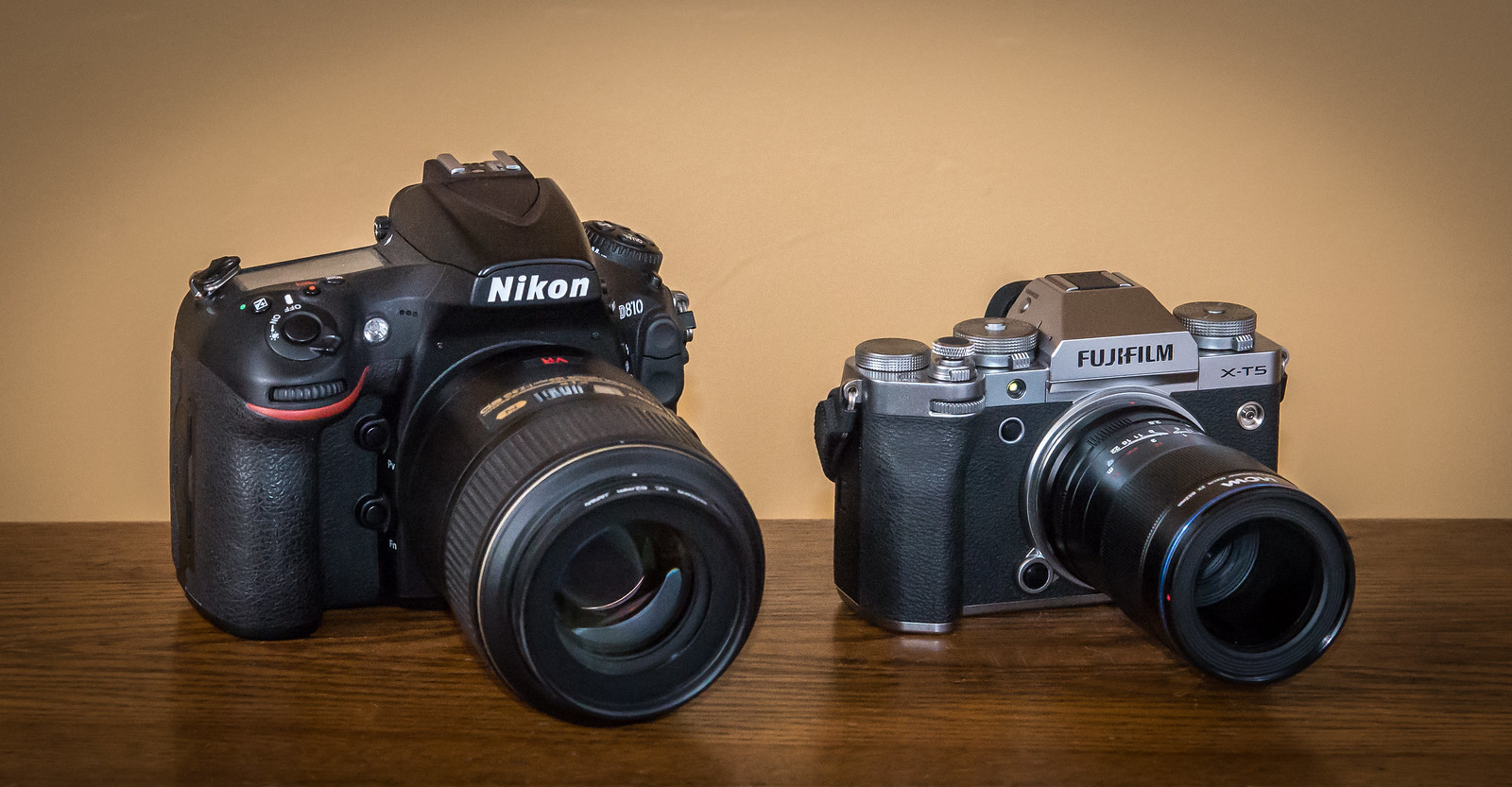Dick Dastardly
Senior Member
- Messages
- 1,368
- Reaction score
- 1,362
It would seem that with the possible exception of Sony and Fujifilm, the other manufactures are currently concentrating their efforts on developing full frame bodies and lenses on a market that continues to shrink.
This makes sense. The large companies can afford getting diminishing returns on their investment, but not all of them are that large.
There's still a market for apsc cameras, but in the case of Canon and Nikon at least, the lens offer seems to be limited.
Also, price wise, if an apsc kit can be had for $700 and a full frame equivalent starts at around $1200(or less, if you get an older A7) , does it make sense to invest in apsc in 2024?
My answer is no. The signals are there, apsc is now a hobby level format, M43 is a niche and 1 inch compacts are dead.
There's nothing wrong about getting a Z30 or a M10, as long as you are happy using them with the compact kit lenses or a prime. Even if more lenses are coming for these systems, the buyers will always wonder if they should have gone with FF instead, because the price gap isn't really that great anymore and most of the fun and attention goes to full frame for a number of years now.
Agree or disagree?
This makes sense. The large companies can afford getting diminishing returns on their investment, but not all of them are that large.
There's still a market for apsc cameras, but in the case of Canon and Nikon at least, the lens offer seems to be limited.
Also, price wise, if an apsc kit can be had for $700 and a full frame equivalent starts at around $1200(or less, if you get an older A7) , does it make sense to invest in apsc in 2024?
My answer is no. The signals are there, apsc is now a hobby level format, M43 is a niche and 1 inch compacts are dead.
There's nothing wrong about getting a Z30 or a M10, as long as you are happy using them with the compact kit lenses or a prime. Even if more lenses are coming for these systems, the buyers will always wonder if they should have gone with FF instead, because the price gap isn't really that great anymore and most of the fun and attention goes to full frame for a number of years now.
Agree or disagree?





